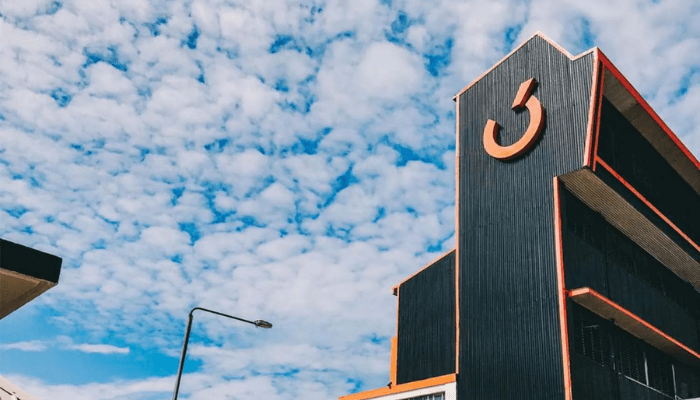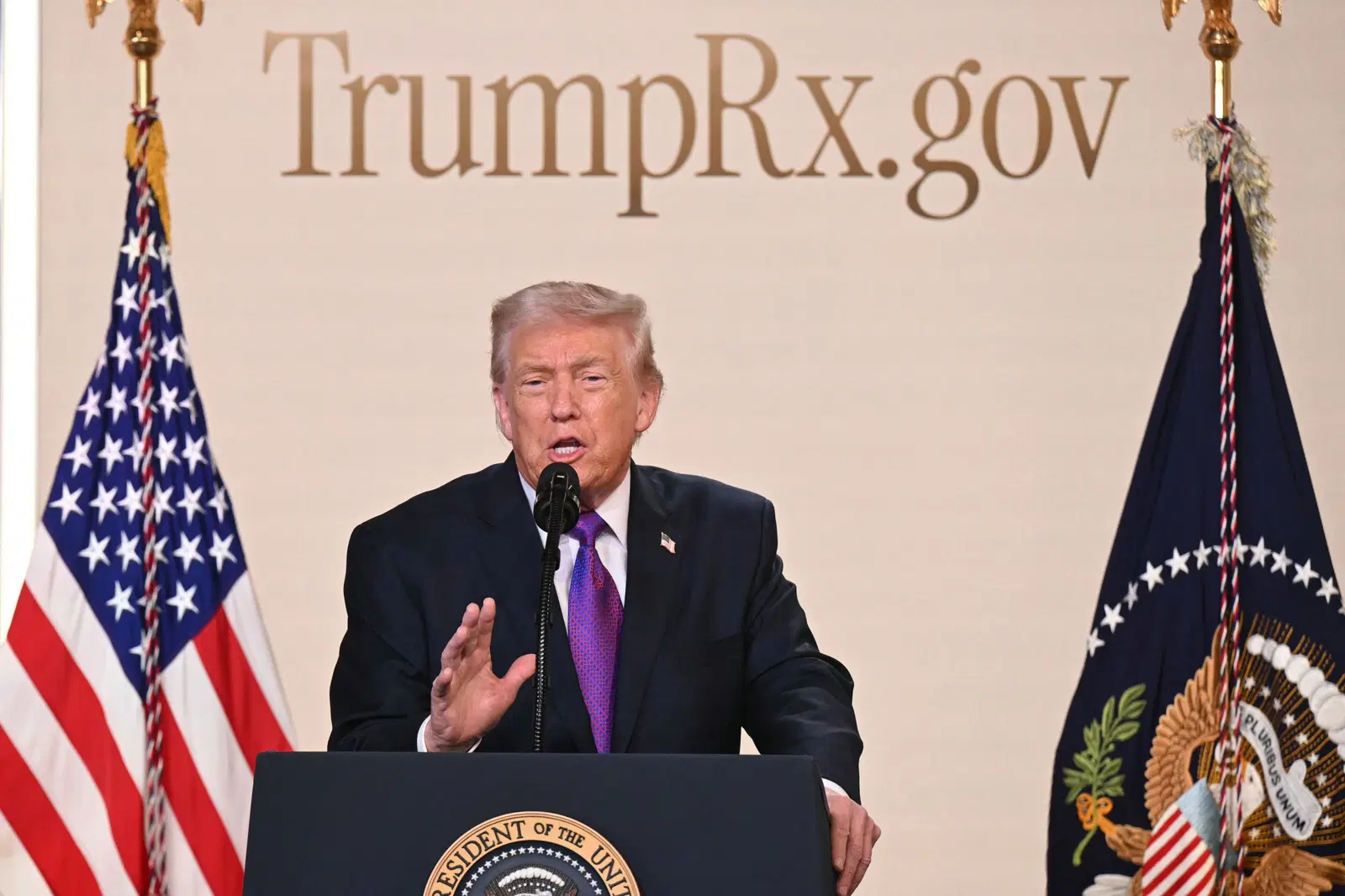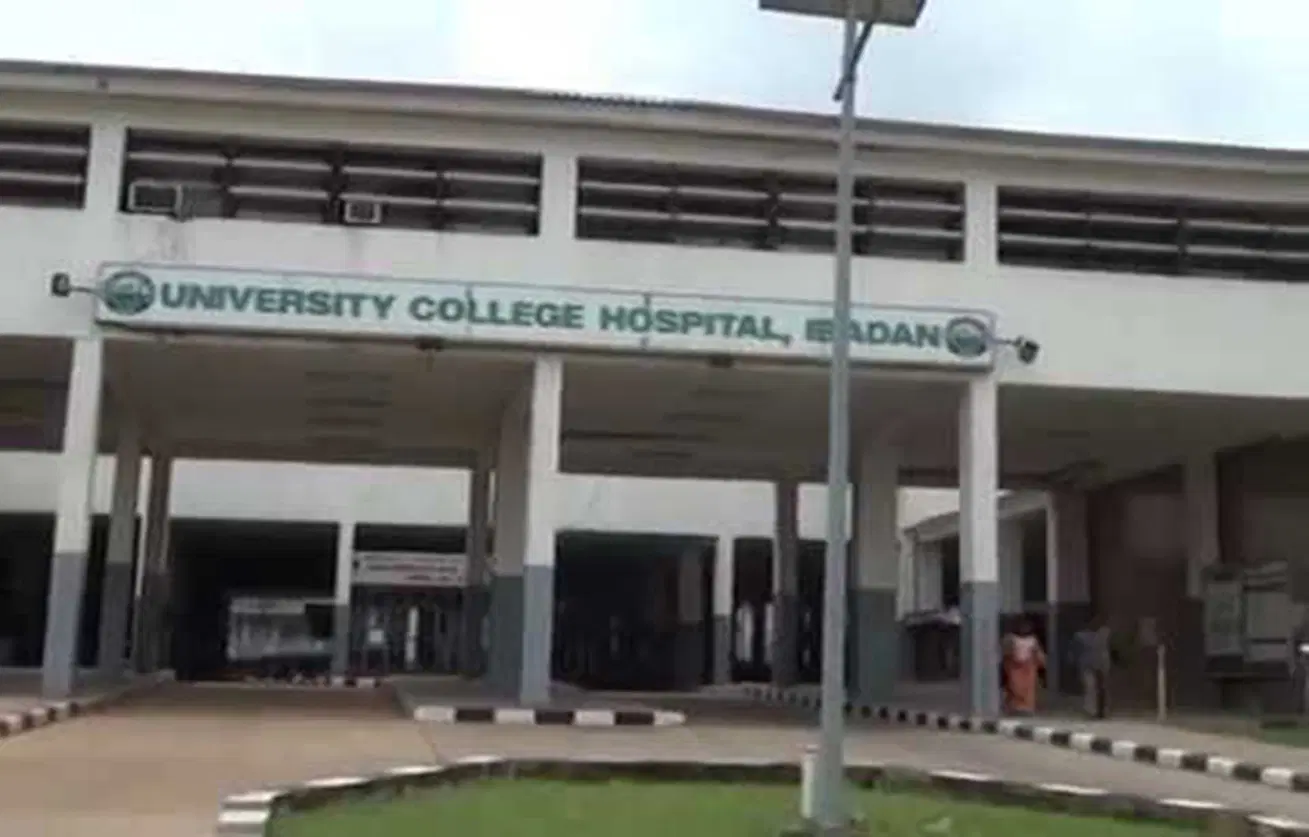The Lagos State Government has announced a €120 million commitment from the Netherlands government to support its waste-to-energy project in collaboration with the Harvest Waste Consortium, a Dutch firm.
This partnership aims to enhance waste management in the region while promoting sustainable energy solutions.
The Lagos State Commissioner for Environment and Water Resources, Tokunbo Wahab made this disclosure
during a recent interview with Nairametrics about the €120 million commitment from the Netherlands government for the waste-to-energy project with Harvest Waste Consortium.
He highlighted this initiative as part of broader partnerships with foreign private sector entities aimed at improving waste management in Lagos.
Wahab explained that the project aims to convert a portion of Lagos’ waste into electricity, to be implemented at the decommissioned Epe landfill.
Harvest Waste will process between 2,500 to 3,000 tons of waste daily from the 13,000 to 14,000 tons generated in Lagos each day.
He further noted that the company only requires an assurance of this waste supply to generate power, a feasible goal given the city’s daily waste generation figures.
The waste-to-energy project with the Dutch company Harvest Waste is backed by the Dutch government to the tune of about €120 million, and we have designated the decommissioned Epe landfill for this purpose,” the statement read in part.
It added, “We are going to guarantee them 2,500 to 3,000 tons of waste daily from the 13,000 to 14,000 tons generated in Lagos.”
Wahab further disclosed that Harvest Waste has completed the feasibility studies for the project and has assured the Lagos State Government of its full commitment to ensuring the venture’s success.
The commissioner also noted that the Lagos State Government is actively decommissioning several landfills to create space for new waste management projects with foreign private companies, including the Jospong Group and Closing the Loop.
The Jospong Group, based in Accra, is focused on transforming waste collected by PSP operators into valuable products such as compost fertilizers and recycled plastic bins. Wahab mentioned that all necessary meetings have taken place, and the projections for the partnership are promising.
The equipment has been commissioned, with operations expected to commence in six to seven months.
The Jospong Group has also established an office in Alausa, Lagos, and is employing Nigerians to manage its operations.
He highlighted the partnership with Closing the Loop, a Dutch company that will manage electronic waste in Lagos.
He revealed that Closing the Loop plans to establish a local facility to process electronic waste, aiming to reduce the need for exportation and repurpose materials within the state.










